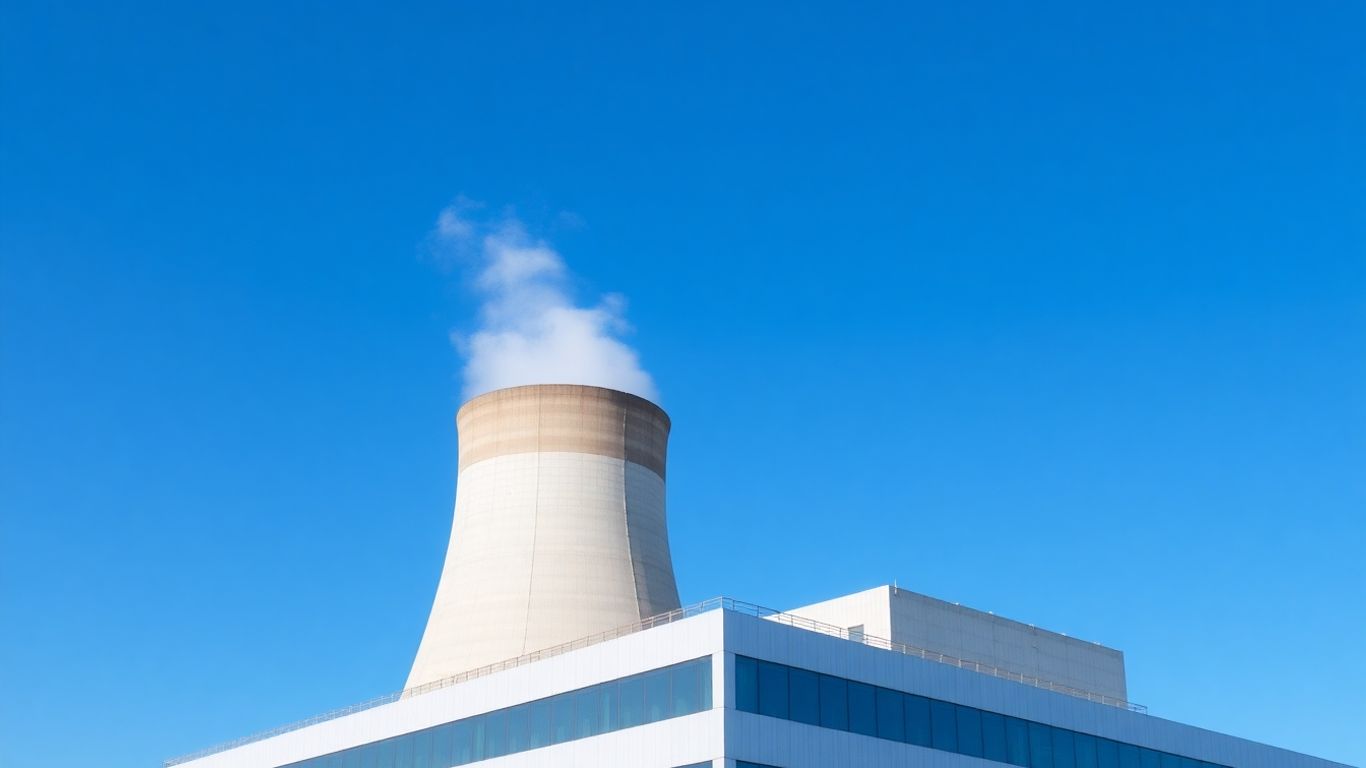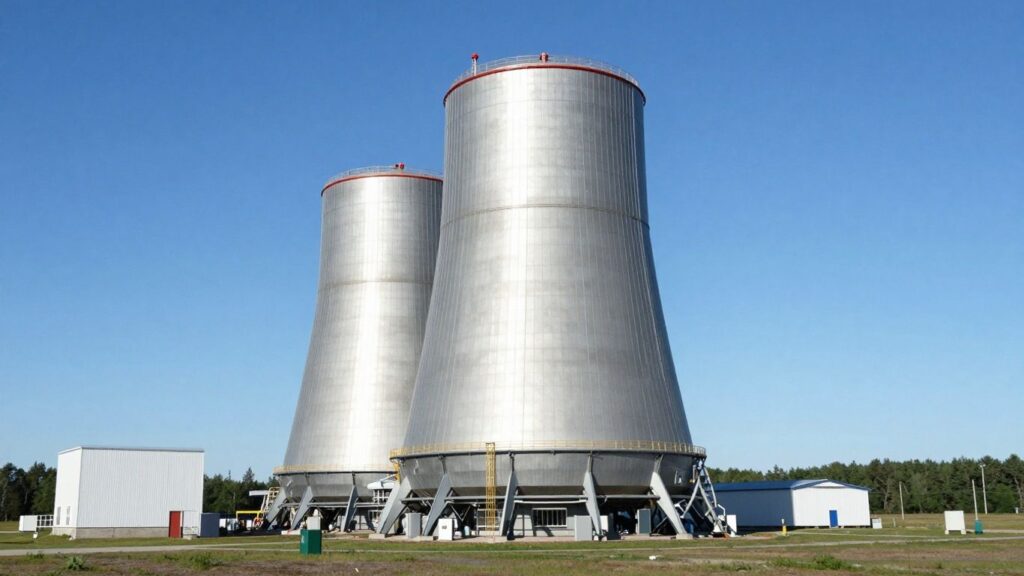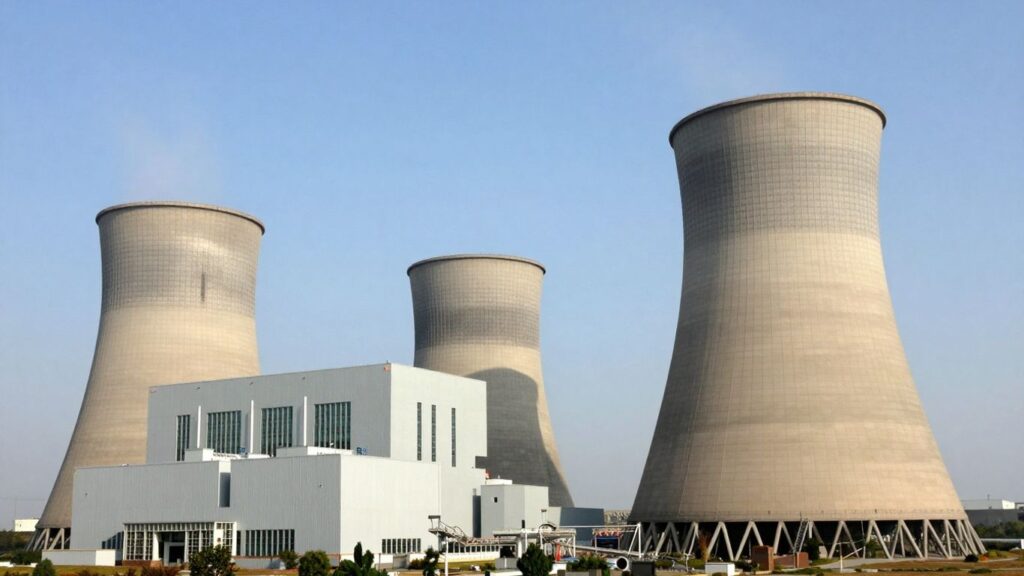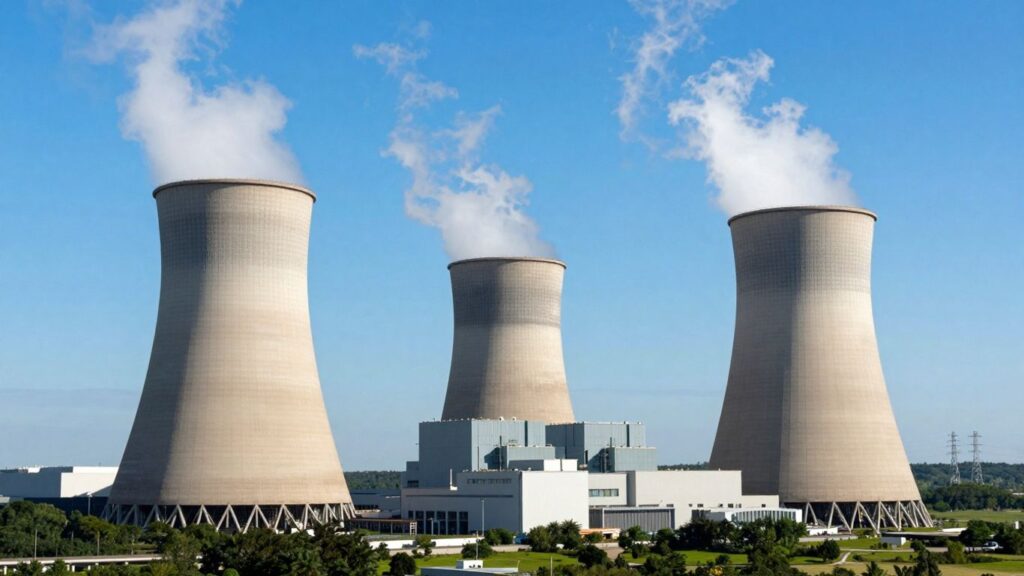The Organisation for Economic Co-operation and Development (OECD) has highlighted South Korea’s significant competitive advantage in the development and deployment of Small Modular Reactors (SMRs). This recognition underscores the nation’s advancements in nuclear technology and its potential to lead in the global SMR market.
The OECD’s assessment points to Korea’s robust technological capabilities and strategic approach to SMR innovation, positioning the country as a key player in the future of nuclear energy.
Key Takeaways
- South Korea possesses a strong competitive edge in SMR technology.
- The OECD has officially recognized Korea’s advancements in this sector.
- This acknowledgment signals Korea’s potential to become a global leader in SMR deployment.
Korea’s Technological Edge in SMRs
South Korea has been actively investing in and developing SMR technology, aiming to provide a safer, more efficient, and flexible alternative to traditional large-scale nuclear power plants. The nation’s expertise spans reactor design, safety systems, and fuel cycle management, all crucial components for successful SMR implementation.
The OECD’s evaluation likely considered Korea’s comprehensive research and development efforts, its skilled workforce, and its proactive engagement with international partners. This international validation is expected to boost Korea’s standing in the global energy landscape.
Global Implications and Future Prospects
The recognition by the OECD is a significant milestone for Korea’s nuclear industry. SMRs are seen as a vital technology for decarbonization efforts worldwide, offering a pathway to reliable, low-carbon electricity generation. Korea’s demonstrated capabilities position it to contribute significantly to meeting global climate goals.
As countries increasingly look for innovative energy solutions, Korea’s SMR advancements could pave the way for new export opportunities and international collaborations, further solidifying its role as a leader in advanced nuclear technology.












